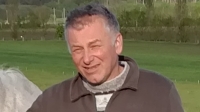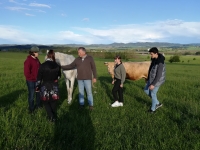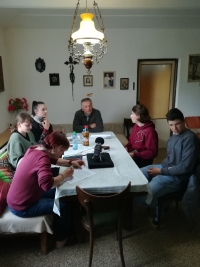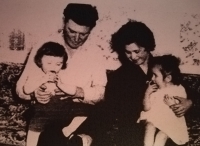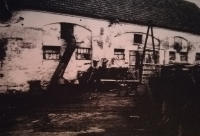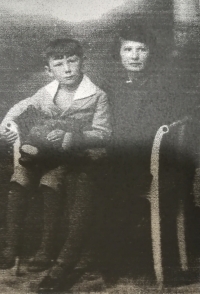Fear is the most powerful tool in the hands of the devil
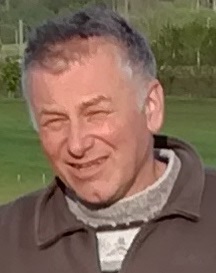
Download image
Jan Wirth was born on November 1, 1961 in Lanškroun, where his father and grandmother were evicted from the family farm in Štěpánovice near Klatovy in 1953. Jan’s grandfather, Jakub Wirth, was branded a kulak and imprisoned in Bory. Jan and his parents returned from Lanškroun to Štěpánovice in 1969. He graduated from an agricultural-technical high school and after military service worked as a zootechnician. In the 1980s he decided to become a priest and went to Litoměřice to study at the theological faculty. In November 1989, he attended the beatification of Agnes of Bohemia in Rome and a few weeks later, together with other seminarians, took part in the events of the Velvet Revolution in Litoměřice. At the time of the filming, in 2025, he was a parish priest in the parish of Zbynice, taking care of the family farm.
